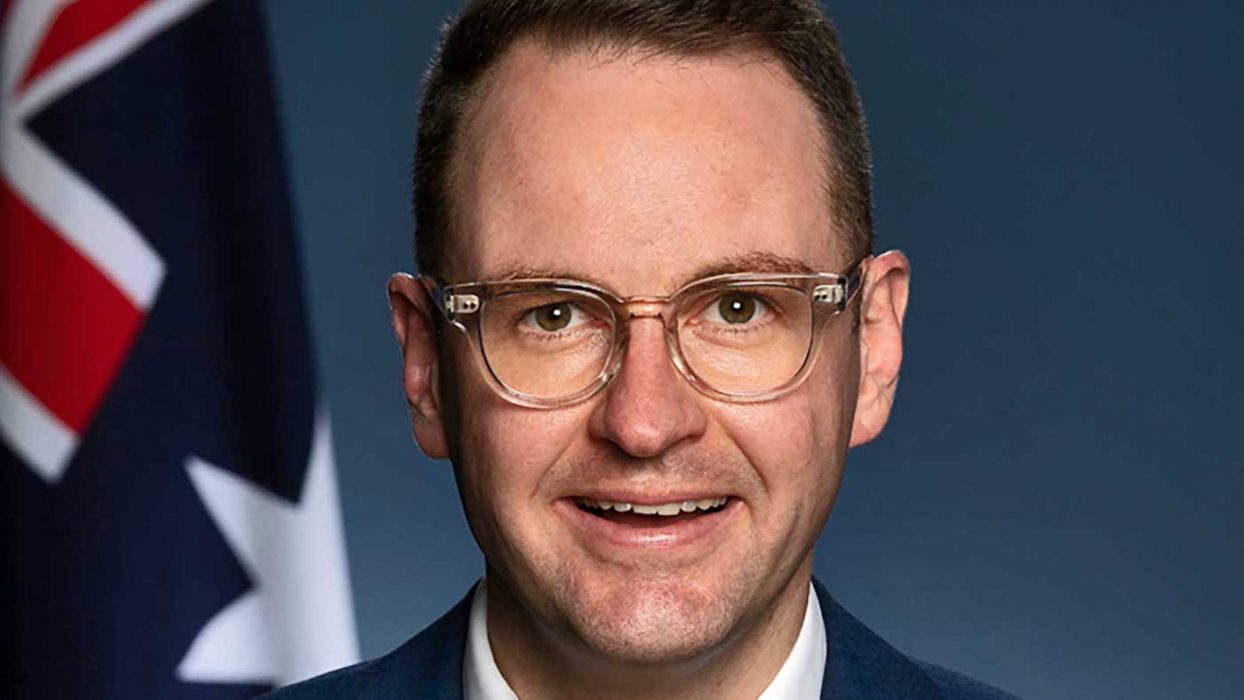Andrew Bragg, an Australian Liberal Senator and pro-crypto lawmaker, has requested that the Australian Securities and Investments Commission (ASIC) back local investment managers for the first Aussie crypto exchange traded fund (ETF).
Senator Bragg has addressed a letter to ASIC strongly recommending that the interests of Australian investment managers are kept in mind as the country’s first crypto ETF moves closer to fruition. The letter stated:

It would be a very regrettable outcome if foreign exchange-traded funds with direct exposure to cryptocurrency were widely available before domestic products.
NSW Senator Andrew Bragg to ASIC chairman Joseph Longo
While Bragg said he would not retaliate against the development of digital assets by foreign companies, he suggested that ASIC prevent them from capitalising on the delays that local firms are experiencing. The planned Aussie ETFs were supposed to have been greenlit a week ago, and Bragg expressed that he would be hesitant to see foreign products dominating Australian ones.

Crypto ETFs: Momentum and Setbacks
April 2022 saw the Australian crypto ETF race heat up following the announcement of two more listings being ready to launch. These include the first Ethereum ETF and another Bitcoin ETF.
However, a week ago it was announced that the first crypto ETFs had been delayed due to an issue with an undisclosed third-party broker. This follows several tumultuous months. The hold-up was allegedly the result of standard checks prior to trading – no further information was given.



